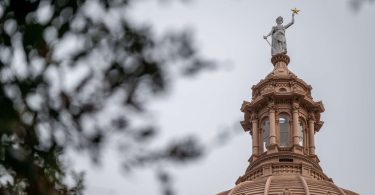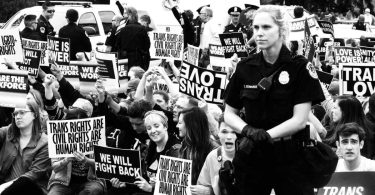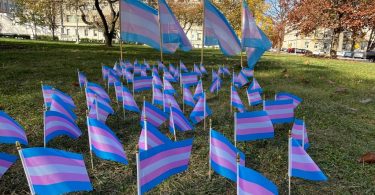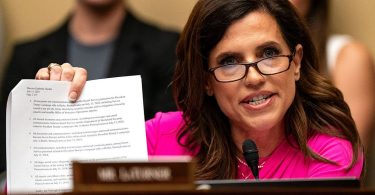… TCB hopes to reopen tourism earliest by June
Yangchen C Rinzin
The much-awaited tourism policy has finally been cleared by the Cabinet this month. Unlike in the past, the government will now have to take measures to promote tourism as a year-round activity.
Areas with minimum tourism activity could see tourism product and service development as the policy pushes the government to spread tourism activities in those regions through provision of differing incentives and emphasis shifts to balance tourism in all regions.
The policy, endorsed by the Cabinet on January 5, is the first tourism policy document after tourism started in 1974.
To avoid mass tourism, the government will manage and regulate by adopting appropriate pricing and other mechanisms like sustainable development fee and a minimum daily package rate, among others.
“All initiatives related to tourism by the private sector shall be routed and endorsed by the TCB,” the policy states.
Without the policy, tourism has been otherwise based on the vision of high value, low volume.
Meanwhile, the TCB’s proposal to open tourism by March this year would not come through. The TCB last year had proposed opening a gateway whereby tourists can pre-book their travel to Bhutan by March and visit when the Covid-19 eases.
TCB’s Director General Dorji Dhradhul said that owing to the lockdown the discussion on reopening could not take place.
“We thought we could open by March but now we may not be able to because of the pandemic,” he said. “The situation keeps changing. Otherwise, we would have finalised and announced to accept bookings for tourists.”
TCB is expecting to reopen tourism earliest by this June. However, there is no government directives or indication and it would depend on how the situation unfolds.
The lockdown has also disrupted the discussion on the three components submitted to the technical advisory group in September last year to reopen tourism.
The bubble tourism was to ease restriction on travel and revive the tourism sector. It is an exclusive travel partnership between two or more countries that have demonstrated considerable success in containing and combating the Covid-19 pandemic.
In this, the tourist would be allowed to come only from one particular country that has agreed for bubble tourism with Bhutan.
“Now we’ll also have to look into bubble tourism carefully, as the situation globally is not improving,” Dorji Dhradhul said. “We need to be confident about another country that we will have bubble tourism with.”
TCB had also proposed to allow tourist to come and undergo 21-day mandatory quarantine. Under this scheme, a tourist from any country can visit Bhutan. The cost would be agreed between the tour agent and tourist.
Director general said that this proposal is still on and even if the tourist wants to visit Bhutan now they can if they agree to the 21-day quarantine. “But we’re not sure we would even have tourist wanting to come to Bhutan and follow the compulsory quarantine.”
However, TCB dropped the third proposal where the tourist does not have to undergo quarantine. This would have allowed tourists to come to Bhutan and visit only specific or selected areas then return to their destination.
“Maybe, we can consider such an arrangement after a year or two,” the director general said.
However, he said TCB is exploring ultra-high-end tourism, meaning a tourist can visit Bhutan in a chartered flight or chopper in a small group.
“While the discussion is still ongoing, we shouldn’t rush to reopen since the risk is still there. We don’t want to compete with other countries who have reopened tourism,” Dorji Dhradhul said.
The tourism sector remains closed since March last year. Only 28,000 tourists visited Bhutan in 2020 generating revenue of USD 19 million, against 315,599 tourists in 2019. Tourism sector earned USD 225 million in 2019.
There are 50,737 individuals solely dependent on tourism for livelihood and 28,159 are kidu recipients. So far, the government has spent about Nu 289 million on hotels used for quarantine.





